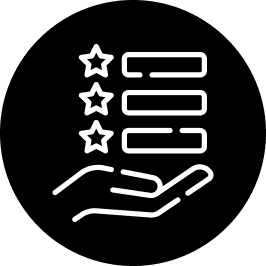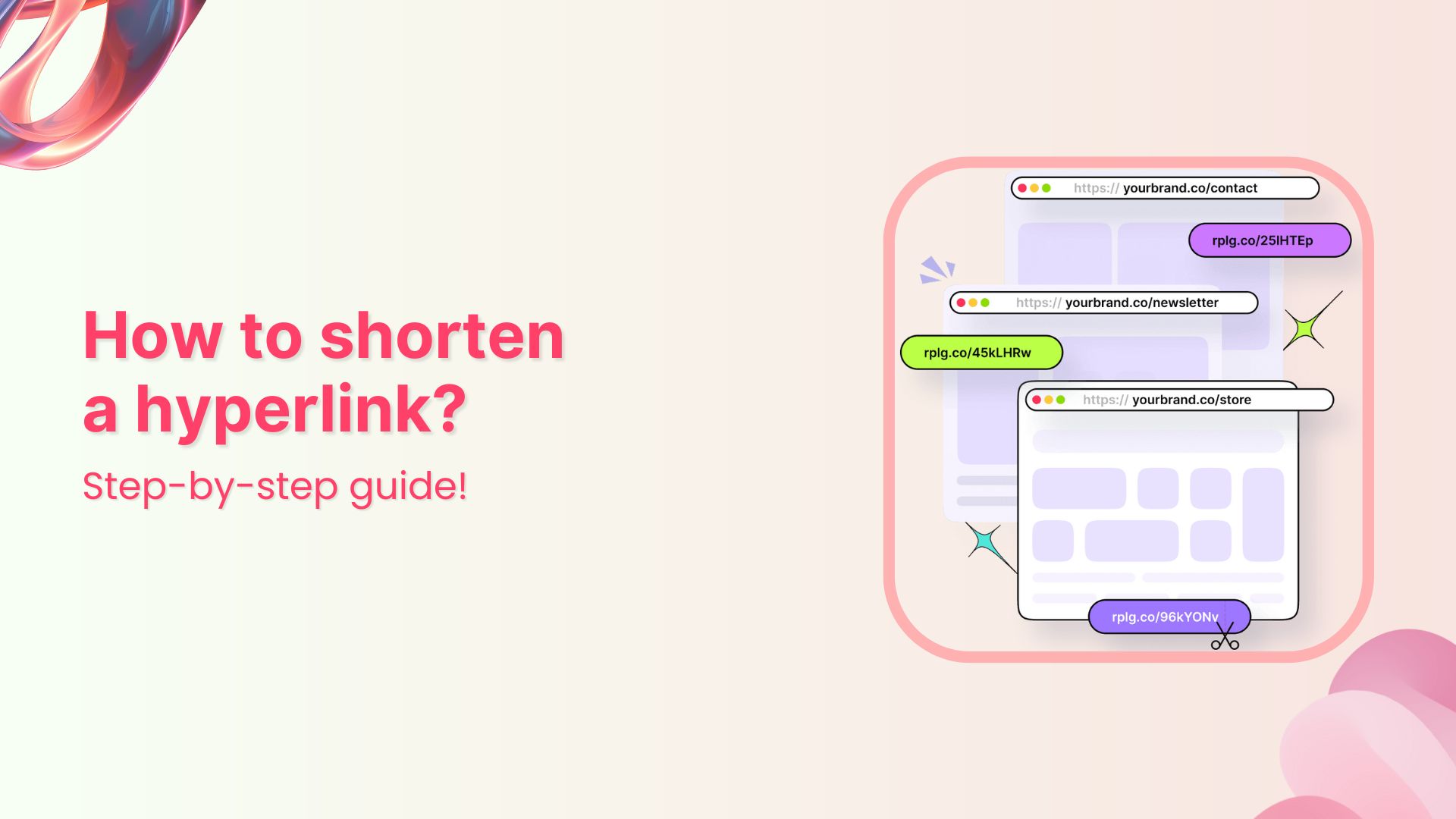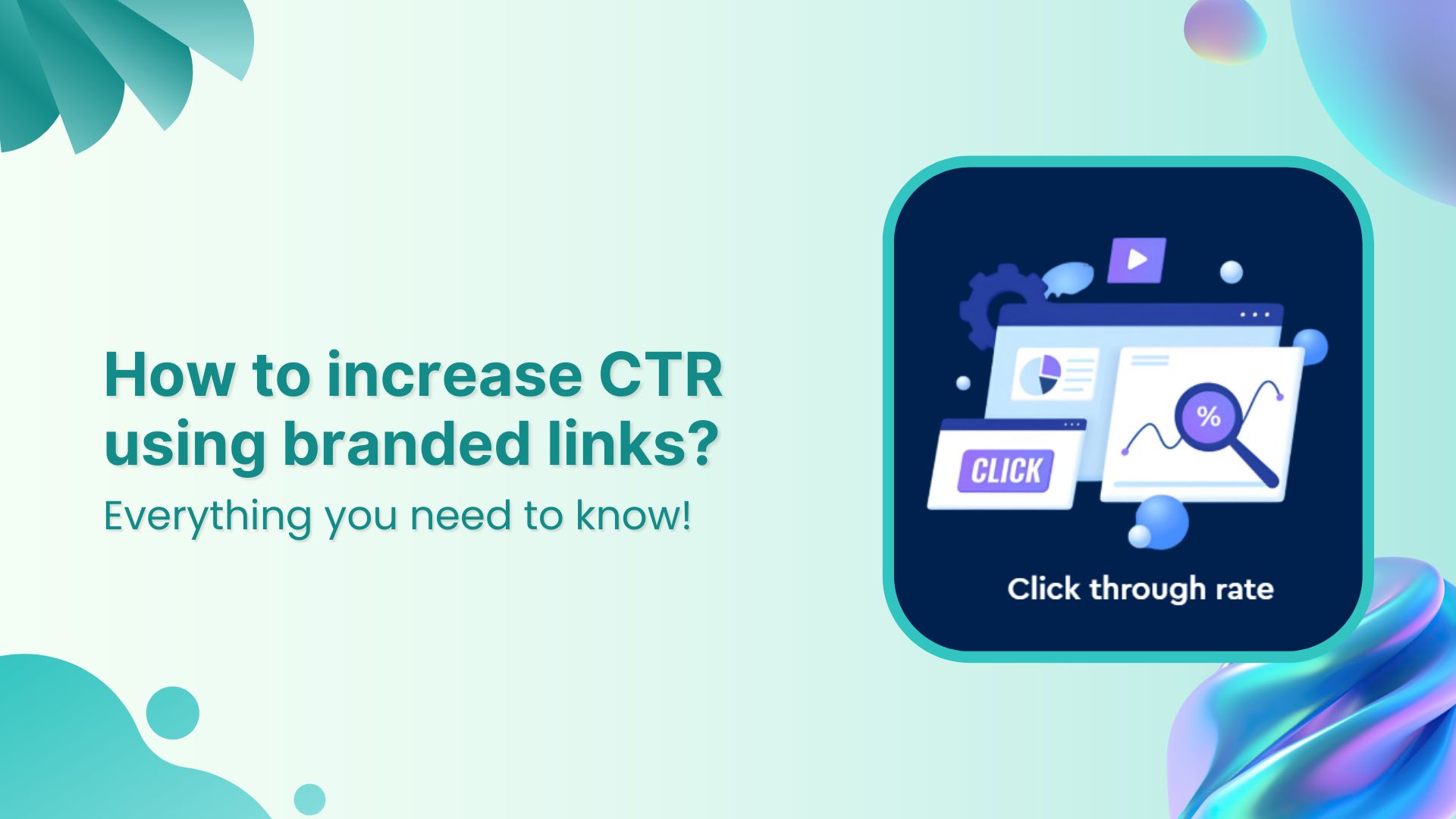In a market where 46% of U.S. consumers value trust over price, brand awareness is make-or-break. You might lag even with stellar products, great service, and competitive prices if your brand needs to be recognized.
Consumers lean towards familiar names for a sense of security. Crafting a robust brand awareness strategy is vital. Need help figuring out where to start?
Here are nine strategies to reach and resonate with new audiences, essential for business success.
What is brand awareness?
Brand awareness refers to the extent to which a target audience is familiar with and recognizes a particular brand. It is a crucial aspect of marketing and branding, indicating how well consumers can recall or recognize a brand in various contexts, such as when seeing a logo, hearing a brand name generator, or encountering a product or service.
High brand awareness is often associated with increased customer trust and loyalty. When consumers are familiar with a brand, they are more likely to choose its products or services over those of competitors.
Effective brand awareness strategies typically involve marketing efforts that make the brand visible and memorable to the target audience, contributing to a positive brand image and influencing consumer purchasing decisions.
Why is brand awareness important?
Here are four compelling reasons that underscore the importance of brand awareness:
Competitive edge:
Recognizable brands gain a competitive edge as consumers are naturally drawn to what they know. Being a familiar choice increases the likelihood of winning customer business.
Brand loyalty and trust:
Strong brand awareness builds trust, leading to increased brand loyalty. Consumers are willing to pay more for trusted brands, and familiarity reduces the risk of unpleasant surprises in products or services.
Employee attraction:
Strong brand awareness positively impacts recruitment, with companies seeing 50% more job applicants compared to rivals. Job seekers often consider a company’s brand reputation before applying, as it reflects key drivers of employee engagement, such as a positive workplace culture, recognition, and growth opportunities, often supported by the best performance management software that helps reinforce transparency and growth.
Indicator of success:
Brand awareness serves as an indicator of overall company performance. Measurement of increased brand awareness reflects the effectiveness of various business aspects, including digital presence and customer support.

How to increase brand awareness: 9 effective strategies
Here are nine effective strategies to raise brand awareness:
1. Content marketing campaign:
- Create valuable content, such as blog posts, quizzes, e-books, and infographics, to convey your brand’s voice and expertise.
- Incorporate video content, given its rising popularity, to effectively communicate with your audience.
- Establish yourself as a thought leader and problem-solver to build trust among current and potential customers.
2. Enhance social media presence:
- Utilize social media networks strategically to connect with your audience, share information, and answer questions.
- Target the platforms where your customer demographic is most active by surveying your current customers.
- Implement a content calendar for consistent posting and research relevant hashtags to increase post visibility.
3. Collaborate with influencers:
- Choose influencers aligned with your brand, considering their usage and authenticity.
- Micro-influencers can offer cost-effective partnerships for reaching specific audiences. For improved results, consider establishing agreements with influencers. Once all terms are settled, finalize the documents using electronic signatures.
- Establish a genuine connection between the influencer and your brand to maximize effectiveness.
4. SEO targeting branded keywords:
- Optimize content with SEO techniques to enhance online visibility.
- Focus on keywords that include your brand name, using tools like Semrush or Google Keyword Planner.
- Incorporate specific keywords in headlines, body content, and URL slugs for better search engine ranking.
5. Paid advertising:
- Invest in paid ads on social media platforms (Facebook, LinkedIn, Instagram) and Google Adwords.
- Identify the social media networks where your target audience is most active.
- Allocate a budget within your social media marketing budget for effective paid advertising to increase brand visibility.
6. Referral program:
- Implement a referral program to encourage satisfied customers to become advocates.
- Offer rewards like discounts, gift cards, or credits to incentivize customers to refer friends and family.
- Utilize word-of-mouth marketing to build trust and increase brand awareness.
7. Brand partnerships:
- Partner with brands that share similar values and target audiences but are not direct competitors.
- Leverage partnerships to combine reach and build trust among both brand’s audiences.
- Collaborate on joint initiatives that benefit both brands and enhance brand awareness.
8. Free trials:
- Offer free trials of your products or services to eliminate financial barriers for potential customers.
- Provide a taste of what your brand offers to increase awareness and trust.
- Allow customers to experience your offerings before making a financial commitment.
9. Host or sponsor events:
- Participate in or sponsor events that align with your target audience’s interests.
- Attach your company’s name and logo to event materials for positive recognition.
- Leverage event registration tools to manage attendee sign-ups, streamline invitations, and capture valuable lead data.
- Choose events that provide exposure to potential buyers, whether in-person or online, to increase brand awareness.
Also read: How to Create a Brand Identity: A Quick Guide
Link Management Made Easy
Your go to link management tool for CTAs, branded and bio links, QR Codes, tracking and retargeting.
Get Started for FREE!
How to measure brand awareness?
Brand awareness is gauged through several key metrics:
1. Brand impressions:
Brand impressions refer to the number of times your campaign material, such as ads or content, is displayed to the audience. It’s a quantitative measure that indicates the potential reach of your brand. However, it’s essential to note that impressions alone do not provide insights into individual views or the impact on brand recognition. Marketers typically use additional analytics to assess the effectiveness of their efforts in building brand awareness.
2. Website traffic:
Website traffic is a crucial metric that shows the number of visitors to your website. By analyzing website traffic, particularly in the aftermath of a brand awareness campaign, marketers can gauge the impact on online visibility and audience interest. An increase in website traffic following a campaign suggests a positive correlation with heightened brand awareness.
3. Social media engagement:
Social media engagement encompasses various metrics such as reach, impressions, likes, shares, comments, clicks, followers, mentions, and hashtags. These metrics provide a comprehensive view of how the public is interacting with and discussing your brand on social platforms. Monitoring social media engagement helps marketers understand the sentiment around their brand, identify popular content, and measure the success of brand awareness initiatives.
Also read: From Likes to Love: Comprehensive Social Media Engagement Guide
4. Search volume data:
Search volume data involves assessing the volume of searches related to your business and industry keywords. This metric is particularly relevant for understanding how potential consumers are actively seeking information about your brand or related solutions. By analyzing search volume data, marketers can refine their keyword strategies, ensuring alignment with consumer interests and increasing brand visibility on search engines like Google.
5. Brand-awareness surveys:
Brand-awareness surveys provide qualitative insights into consumers’ perceptions and awareness of a brand. By engaging in one-on-one conversations with the target audience, companies can gather valuable feedback that goes beyond quantitative metrics. These surveys contribute to a deeper understanding of branding benchmarks and guide improvement efforts, fostering a more personal connection with the audience.
6. Earned media:
Earned media includes third-party mentions, such as references in articles, social media tags, and blog comments. This metric reveals who is talking about your brand, the context of discussions, and the sentiment expressed. Monitoring earned media helps assess the organic spread of brand awareness and identifies influential voices within your target audience.
7. External links:
External links are a valuable metric for assessing brand awareness, particularly in the online domain. By managing and analyzing external links, companies can gauge the reach of their brand across different platforms. Additionally, this metric helps identify broken links or misspelled words on a website, ensuring that potential opportunities for brand exposure are not missed due to credibility issues.
8. Tracking key metrics:
Tracking key metrics involves analyzing various performance indicators related to user interaction with brand content. These include clicks, average cost-per-click (CPC), click-through rate (CTR), and cost-per-thousand (CPM). By closely examining these metrics, marketers gain insights into the effectiveness of their campaigns, audience engagement, and the overall impact on brand awareness.
Link Management Made Easy
Your go to link management tool for CTAs, branded and bio links, QR Codes, tracking and retargeting.
Get Started for FREE!
How to increase brand awareness in the shortest time possible?
Effectively and rapidly increasing brand awareness requires strategic efforts. Here’s a streamlined version:
Fast-track brand awareness:
Successful brand awareness brings widespread recognition, word-of-mouth referrals, and a boost in the bottom line.
Key tool: Replug
Replug is an essential tool for creating, executing, and measuring brand awareness campaigns.
- Utilize Replug for short links and robust link-tracking metrics.
- Choose the right plan for your business to kickstart brand growth.
Actionable steps:
- Craft a compelling brand message.
- Utilize Replug for concise and trackable links.
- Implement targeted brand awareness campaigns.
- Measure success with Replug’s comprehensive metrics.
Result:
A well-executed strategy using Replug accelerates brand awareness, leading to increased recognition and business growth.
Link Management Made Easy
Your go to link management tool for CTAs, branded and bio links, QR Codes, tracking and retargeting.
Get Started for FREE!
FAQs
What is brand awareness?
Brand awareness is the extent to which consumers recognize and recall a brand. It’s vital for businesses as it builds trust, and loyalty, and influences purchasing decisions.
How can I measure brand awareness for my company?
Measure brand awareness through metrics like impressions, website traffic, social media engagement, search volume, brand awareness surveys, earned media, external links, and tracking key metrics.
What are the key strategies for building brand awareness?
Strategies include content marketing campaigns, social media presence enhancement, collaboration with influencers, targeted SEO, paid advertising, referral programs, brand partnerships, free trials, and event sponsorship.

































